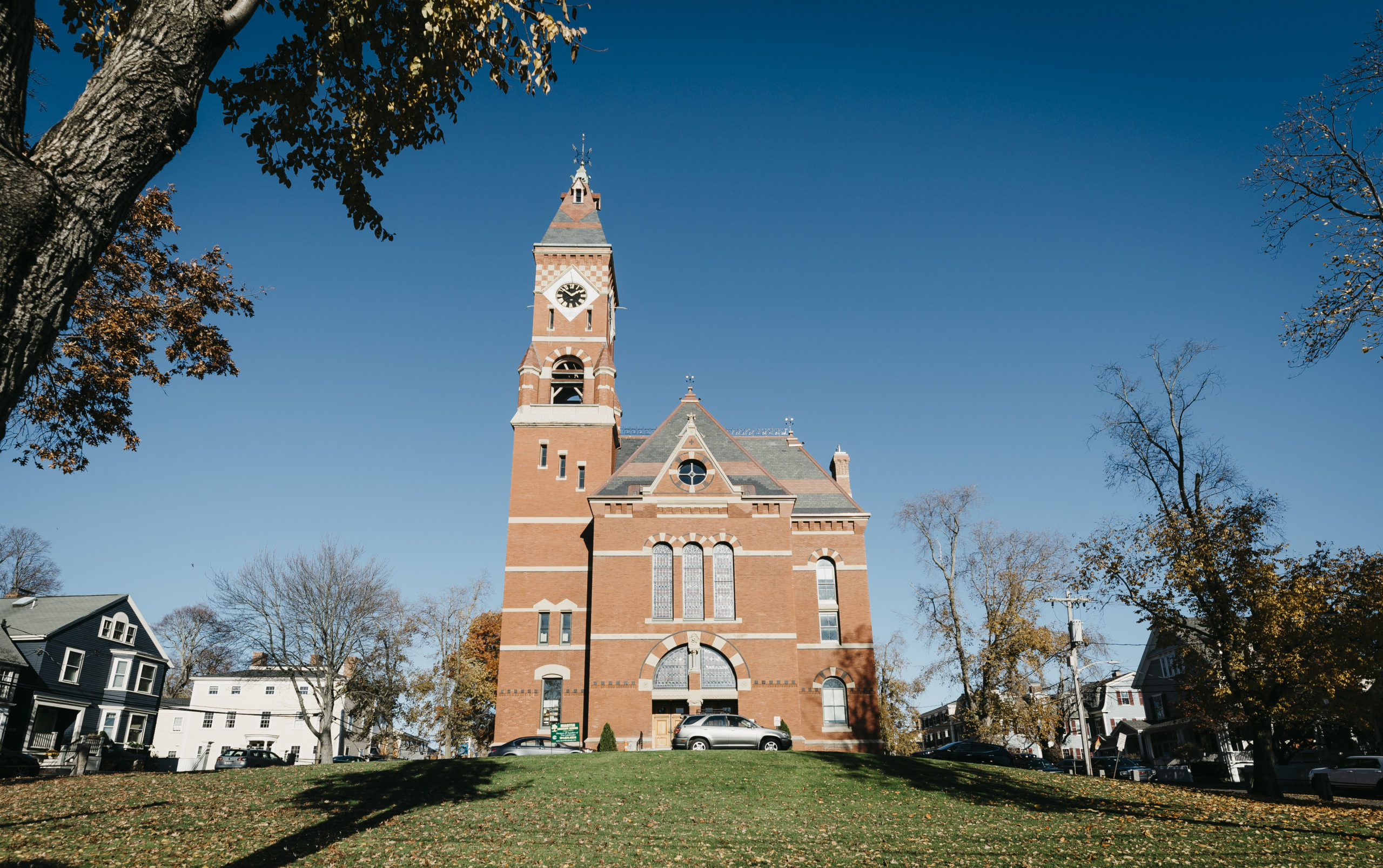The Select Board is set to vote Friday on a “statement of intent” regarding a proposed override on the Annual Town Meeting warrant. This follows a discussion of two potential possibilities to combat the growing structural budget deficit that is forcing town departments to trim as much as $2.5 million from their budget requests.
Those two proposals, as laid out by Select Board Chair Moses Grader, are to plug the structural deficit in the FY24 budget (what he dubbed “low hanging fruit”). The proposals ask voters for additional funding to boost the stabilization fund and create a financial cushion, or “shock absorber,” should issues like the one the town now faces arise going forward.
The vote is set for 9 a.m. Friday when the Board will convene in Abbot Hall and virtually.
Grader said during the board’s March 8 meeting that as he saw it there are “two solutions to the primary screaming problem that we have.”
During that meeting, Town Administrator Thatcher Kezer gave a lengthy update on the state of the town’s finances and the “free cash wall” it is set to hit this year, kicking off a lengthy discussion about how to best approach the request for overrides.
Kezer told board members that town officials, including newly-hired Finance Director Aleesha Nunley Benjamin, were accelerating the implementation of new budget software that would aid the budget process moving forward.
Kezer said the total requests from town departments will need to be cut by between $2 million and $2.5 million as the town seeks to craft a balanced operating budget for the coming fiscal year.
“The revenue projections are the numbers we have to work with,” he said.
He added that staffing issues, with high turnover in the finance department in particular, in part caused the situation the town now finds itself in.
Town departments are “already feeling the strain” of the cuts, Kezer said, with Grader seeking to assuage concerns from fellow board members by explaining that the town looks to make the “least damaging” cuts first.
Board members Erin Noonan and Jackie Belf-Becker both emphasized the need to properly communicate the severity and impact of the cuts on residents in explaining the need for an override.
As the budget process goes forward, Kezer said town officials are focused on defining the structural deficit faced by the town and determining what exactly that number is and how the gap can be plugged.
Kezer once again pointed to a reliance on free cash as a major issue. He said going forward those funds will be used not for annual expenditures like health insurance or salaries, but instead for one-time expenses.
Citing the Department of Revenue, Kezer said communities should aim to generate free cash in the amount of 3-5 percent of their total budget. In FY23, Marblehead’s free cash total represented roughly 10 percent of the budget.
Moving forward, town officials will project an amount of free cash they are “highly confident” in and use that as a plug for the coming fiscal year budget. Should free cash values come in higher than that, those funds will be rolled over rather than applied to the current fiscal year, Kezer said.
The goal would be to reduce the amount of free cash used in each successive fiscal year to, “ween us off the free cash wagon,” Kezer said.
Kezer cited his experience as the mayor of Amesbury in navigating a situation similar to the one Marblehead is now in, and pointed to “anemic” new growth as a key factor in the deficit. If Marblehead’s new growth figures remain low, the town can’t generate enough revenue to meet its costs.
“Marblehead needs to invest in the tools to build up new growth,” Kezer said.

